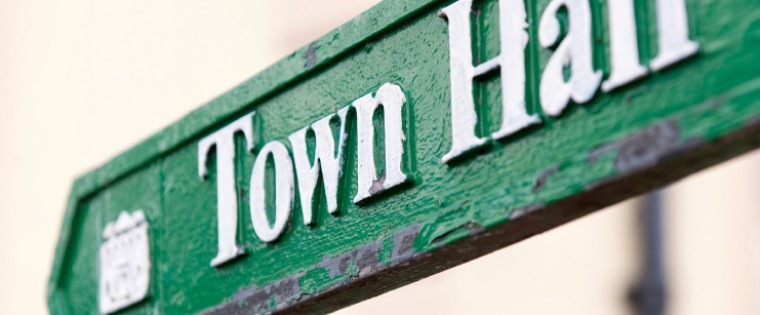Localism has proceeded apace since 2010, but there is still much further to go
Author: Alex Thomson |

In an article for Conservative Home, outgoing chief executive of Localis Alex Thomson gauges where’s next for localism and how/why you could take over the reigns of Localis.
With the relentless pace of today’s news cycles it is often easy to forget that a Conservative has been back in Number 10 for just six years. Labour had more than double that time at the helm, and weren’t hampered by having to trim their fiscal sails. Quite the opposite, in fact. But unlike Tony Blair’s government, which the man himself later acknowledged was unduly cautious in their first term, David Cameron has not been afraid of reform in striving to put a Conservative imprint right across the range of government policy. And this determination has borne fruit, with the shape and contours of the state shifting since 2010, and in few areas more radically than local government.
In opposition David Cameron was strikingly clear that the “Conservative party wants nothing less than radical decentralisation, to reach every corner of the country.”
And while as a localist I believe that the current Government could and should go further still, the extent of change achieved in the last six years is impressive.
True to his word, the Localism Act featured in David Cameron’s first Queen’s Speech and put in place a range of policies that pushed power closer to all of us who live in England. For instance, the General Power of Competence allowed councils to break free from the stifling corset of prescribed powers and expand their horizons, permitting them to do anything they want, only except those things that are explicitly proscribed by law from doing – just like you and me. Regional Development Agencies went and in their place are the more nimble Local Enterprise Partnerships. And the planning system was reformed to give local areas a much greater say, in particular through the hugely powerful catalyst for community engagement that is neighbourhood planning.
These were all 2010 manifesto commitments, but the localism agenda has continued to develop and advance. First via City Deals; secondly, and more substantially, via Devolution Deals in which local areas across the country have been transferred significant powers and freedoms, most excitingly so in Greater Manchester. Perhaps most radically, the complete transfer of business rates to local areas will be a hugely powerful step towards a genuinely devolved and financially empowered England.
Of course the last few years have also seen local authorities subject to severe financial pressure – indeed more than the rest of the public sector (and much more than local leaders would like). But the sector as a whole has done a remarkable job at keeping services going, operating increasingly entrepreneurially, with public satisfaction levels in most areas staying the same or in some cases rising.
And the localism agenda is by no means finished yet. Indeed, I believe it will provide one of the key dividing lines in British politics in coming years. On one side are those, like me, who see further devolution as an absolutely critical element in ensuring that we have thriving local economies with high quality, sustainable public services right across the country. And on the other are those who argue that local government just isn’t up to it and that Whitehall needs to exercise a firm hand in controlling how local areas are run.
Hopefully if you’ve read this far, you agree with me that while the foundations of a radically reformed local state have been laid, there is still much further to go, and plenty of questions to be answered: what else should be devolved? To where and who? By what process? If so, perhaps you would like to run a think tank that focuses on exactly these issues?
Sitting in my chair over the past five plus years it has been a privilege to be part of the public debate around this subject and I hope that Localis’ contributions have been of use to people in local and central government. I am certainly proud of all the work we have done. But with pastures new awaiting me, this leaves a vacancy for the right candidate to take over the running of Localis and to help shape the devolution debate in the years to come. If you or someone you know might be interested in this golden opportunity, you can find out further details here.
